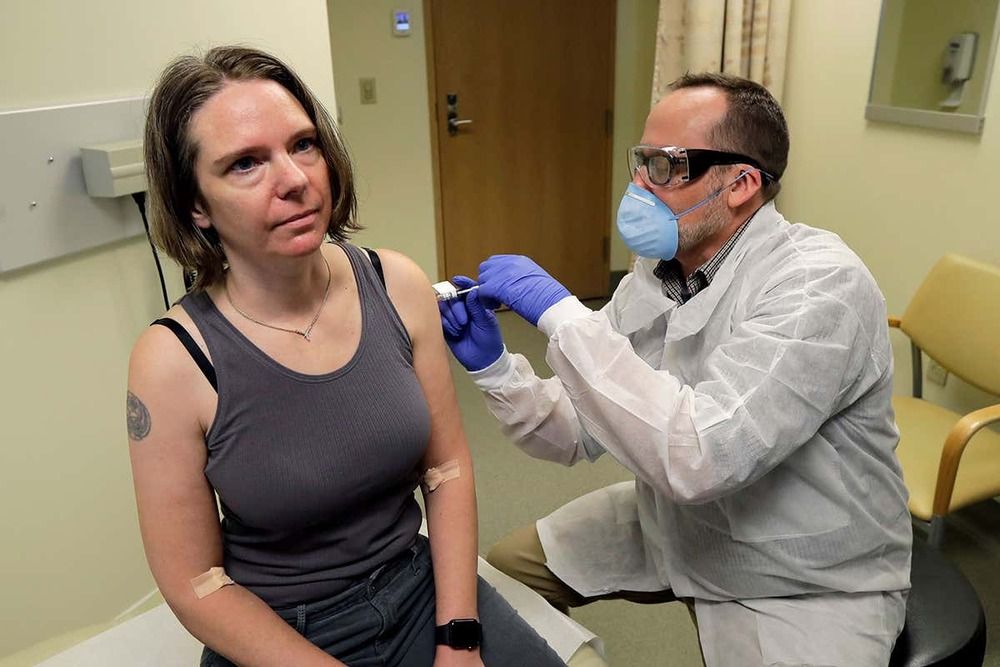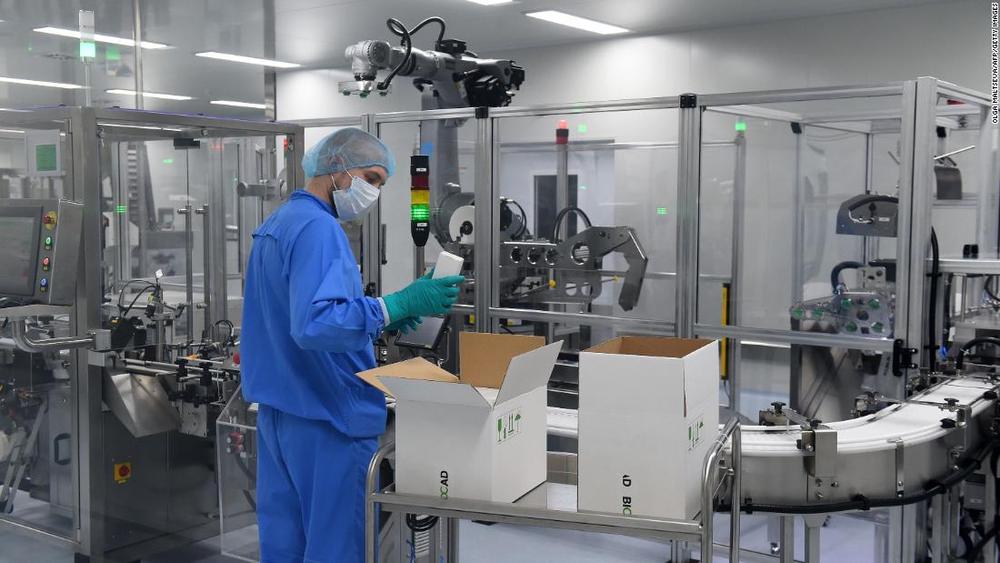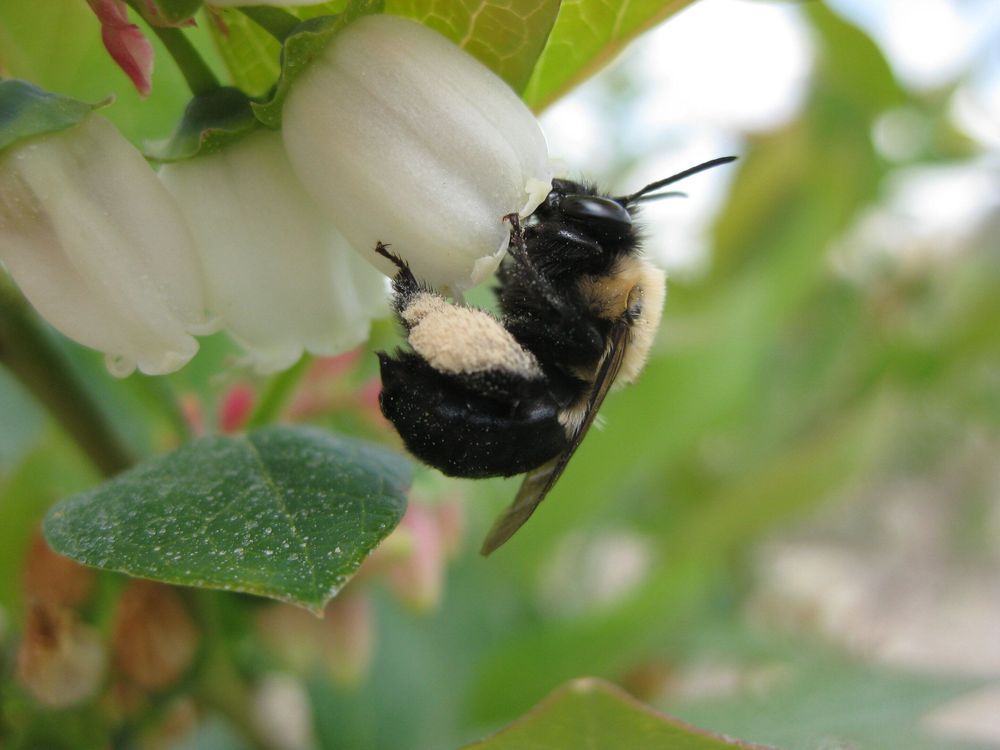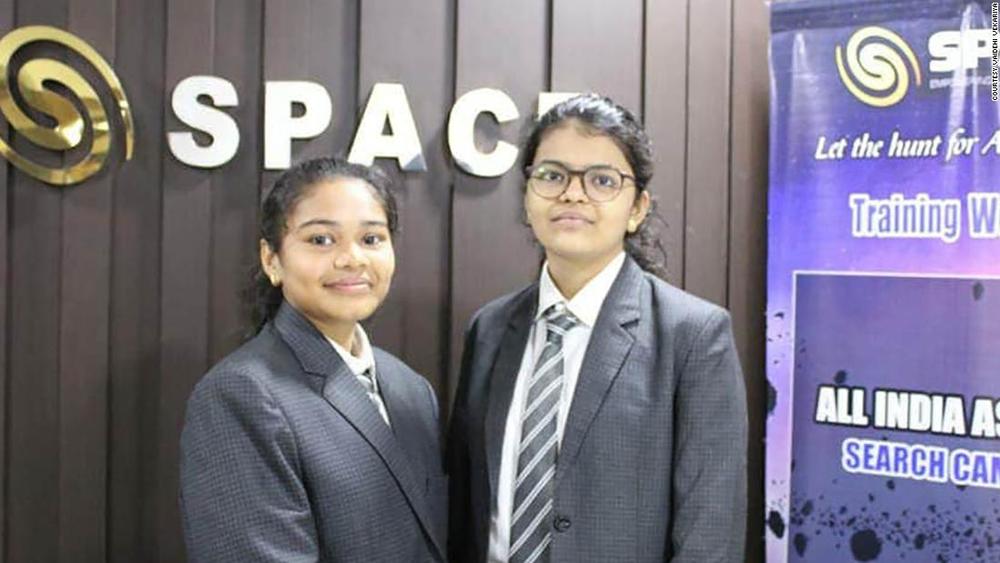Jul 29, 2020
Bitcoin wallet Ledger’s database hacked for 1 million emails
Posted by Genevieve Klien in categories: bitcoin, finance, security
Bitcoin hardware wallet maker Ledger revealed today that its e-commerce database was hacked last month, leaking 1 million emails and some personal documents. No user funds were affected by the breach.
Ledger said the attack targeted only its marketing and e-commerce database, meaning the hackers were unable to access users’ recovery phrases or private keys. All financial information—such as payment information, passwords, and funds—was similarly unaffected. The breach was unrelated to Ledger’s hardware wallets or its Ledger Live security product, the company added.
“Solely contact and order details were involved. This is mostly the email address of approximately [1 million] of our customers. Further to the investigation, we have also been able to establish that a subset of them was also exposed: first and last name, postal address phone number, and product(s) ordered,” said Ledger in its announcement.


















